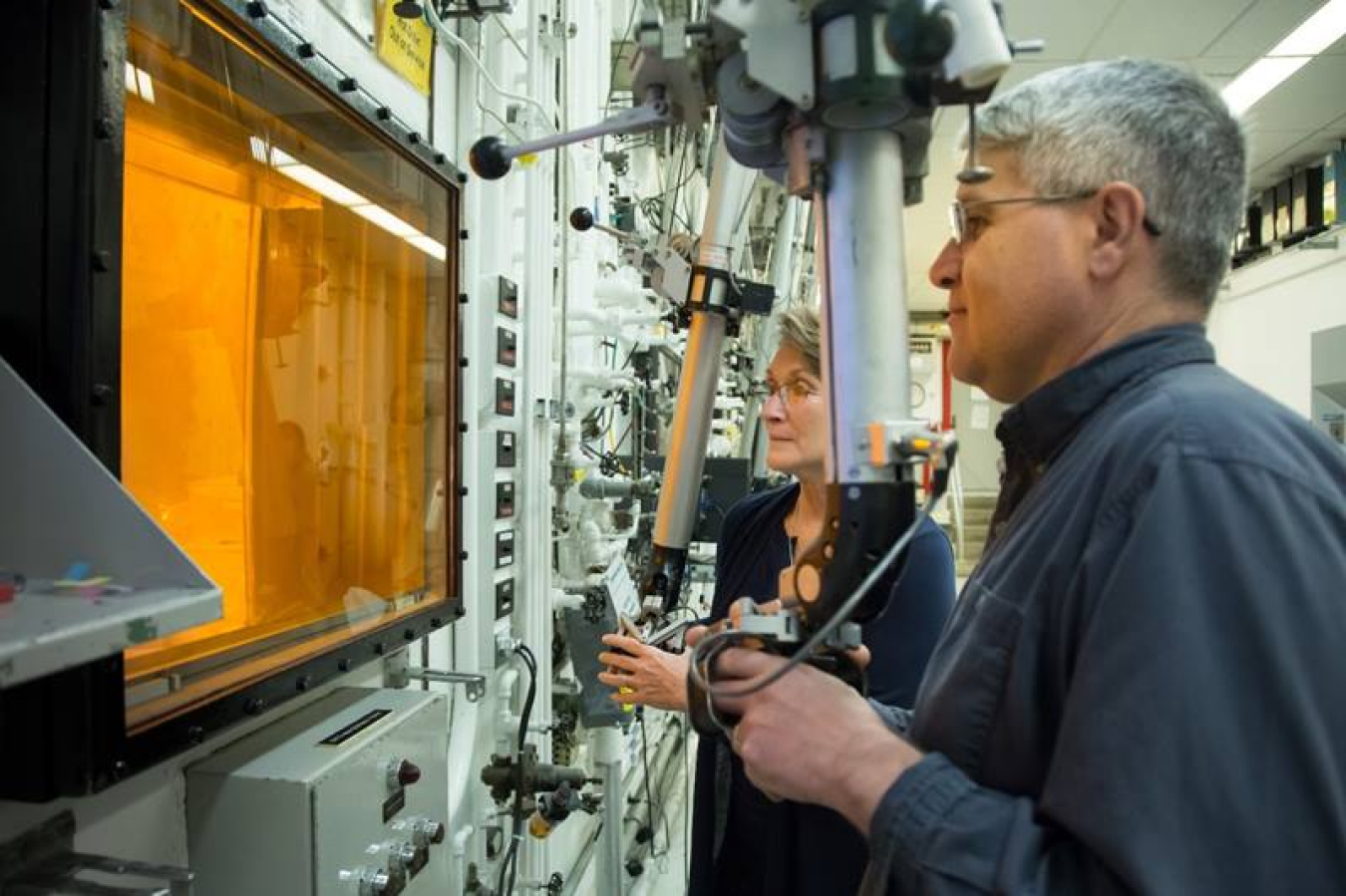The full force of the Department of Energy National Laboratories has been addressing cancer research and treatments. Read more about this work.
February 4, 2021
World Cancer Day is February 4, a time to reckon with the disease that currently impacts more than a million Americans per year. The full force of the Department of Energy (DOE) National Laboratories is on the case, working across the country to find ways to better detect and extract cancer data through technology and artificial intelligence, discovering new ways to produce and deliver potentially life-saving isotopes for new cancer treatments, and recycling old equipment to increase the production for cancer-fighting medications.
Learn more about our work in the articles below:
The Journey of Actinium-225: How Scientists Discovered a New Way to Produce a Rare Medical Radioisotope. The DOE Office of Science's Isotope Program is leading efforts to find new ways to produce actinium-225, a substance which can be attached to molecules that can hone in on cancer cells.
“Multitasking” AI Tool Extracts Cancer Data in Record Time. Scientists from the National Center for Computational Sciences at Oak Ridge National Laboratory have developed an artificial intelligence-based natural language processing tool to help extract information from a multitude of complex cancer pathology reports in an effort to assist with diagnoses and treatments.
Nuclear Physics Detector Tech Used in Cancer Treatment Monitoring System. The DOE has been investing in developing scintillating materials, which are luminescent when excited by ionizing radiation, to assist in helping doctors monitor radiation levels in patients during cancer treatments in a new, award-winning medical system.
Improving Isotope Supply for a Cancer-Fighting Drug. The DOE Office of Science’s Isotope Program and Oak Ridge National Laboratory are using recycled medical devices to develop a new global source of actinium-227 to treat a certain form of prostate cancer.
Scientists Recruit New Atomic Heavyweights in Targeted Fight Against Cancer. A collaboration by the Berkeley Lab and Los Alamos National Laboratory has led to the development of new methods which could lead to single-molecular systems for both diagnosing and treating cancer in real time.
Cancer in the Crosshairs. The Los Alamos Neutron Science Center is home to a particle accelerator that specializes in producing high-energy protons that provide better imaging, targeting, and treatment for cancer patients.

